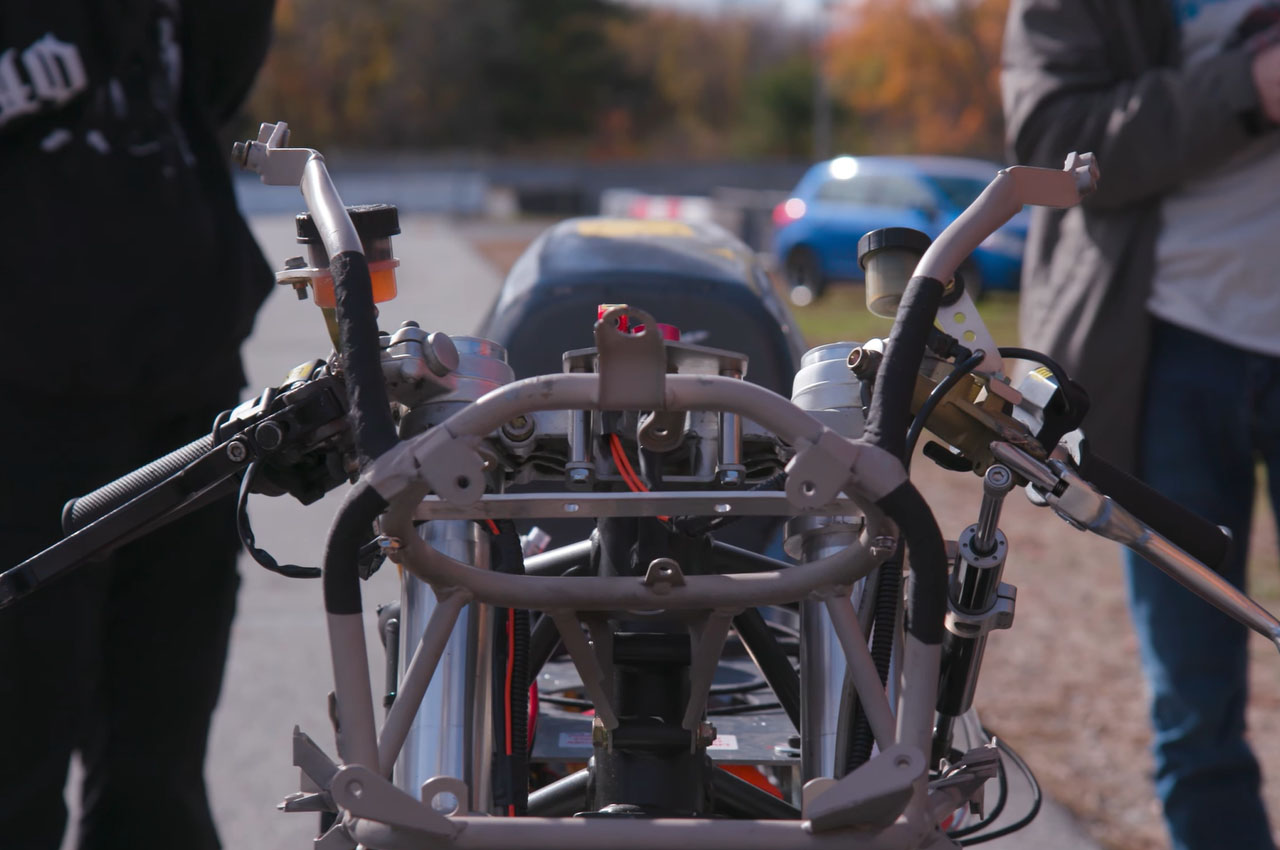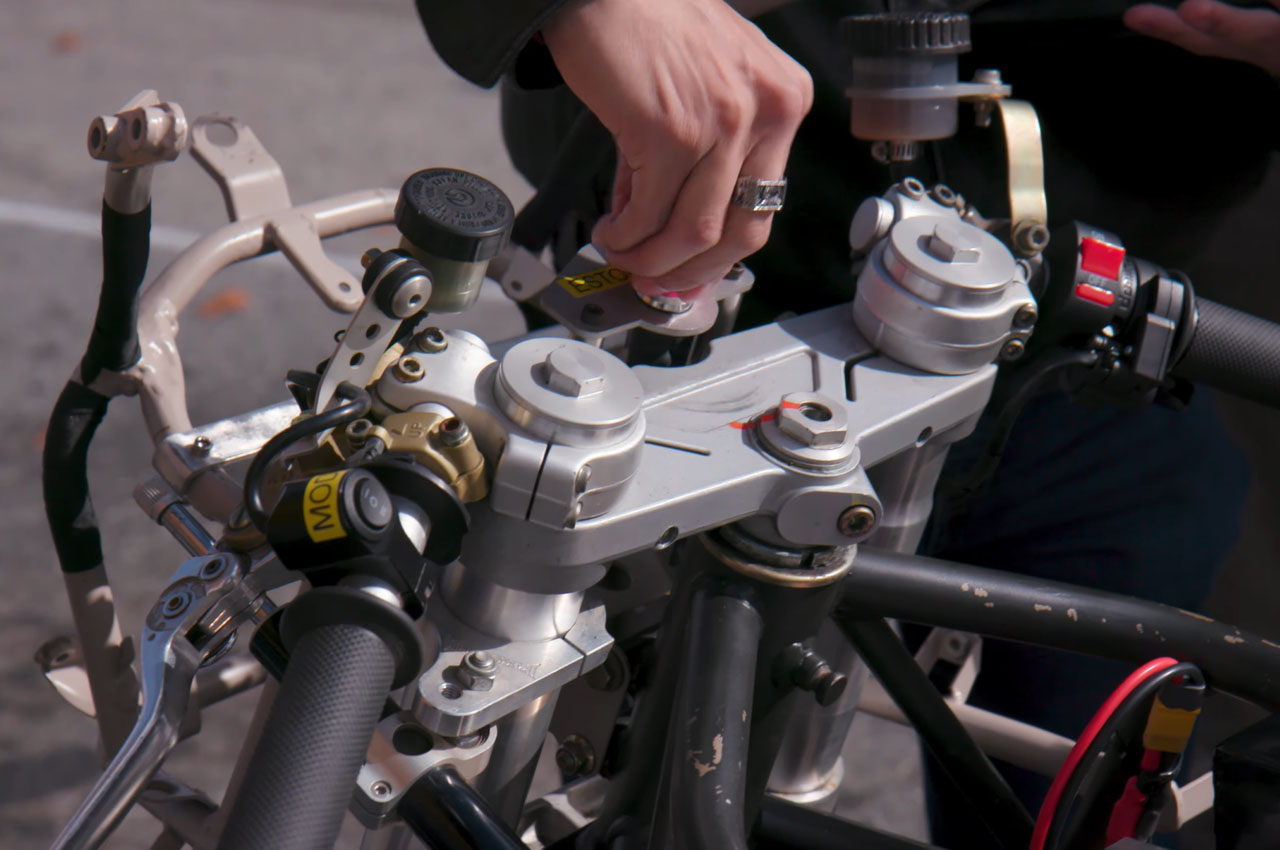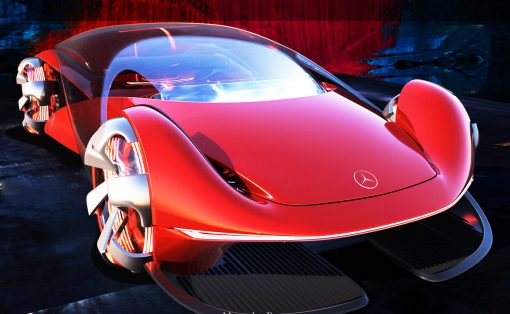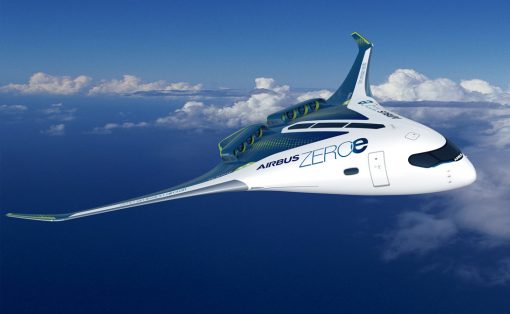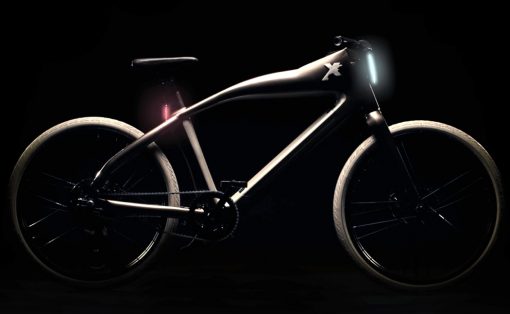Electric battery-powered vehicles might seem the future but in the long run, they are harmful to the environment in their wicked way. The next best thing is the hydrogen-powered drivetrain and many automotive manufacturers are already exploring the possibility. Sure, the cost of such vehicles is not practical enough to go mainstream, still, constant innovations in technology are getting things closer to fruition.
MIT’s electric vehicle team is also exploring the possibility with their hydrogen-powered electric motorcycle prototype. The two-wheeler uses a new hydrogen-based testbed and is open source for other proactive automotive developers to test out as the files are available online. Led by Aditya Mehrotra, a graduate student working with mechanical engineering professor Alex Slocum, the Walter M. May and A. Hazel May Chair in Emerging Technologies, the project aims to take clean energy alternatives to the next level with innovation.
Designer: MIT

According to Aditya, “We’re hoping to use this project as a chance to start conversations around ‘small hydrogen’ systems that could increase demand, which could lead to the development of more infrastructure.” The team took a 1999 Ducati Supersport donor motorcycle frame as the basis and fitted an electric motor, drive train, hydrogen tank and other custom-made components to develop the design. Some components were donated by industry sponsors and the two-wheeler took shape over the period of one year.

The heart of the system is a fuel cell developed by South Korean company Doosan and it’s mated to the supporting gas cylinder for drawing energy. Until the drivetrain is fully developed the bike runs on this hybrid system. The bike is still in the early stages of development and is going to be purely a concept of proof for other designs to follow. To this accord, the team is mindful enough to create a handbook detailing the process of development and fail-safes in case anything goes wrong.

This is important because “a lot of the technology development for hydrogen is either done in simulation or is still in the prototype stages because developing it is expensive, and it’s difficult to test these kinds of systems,” as per one of the team members. There have been previous efforts to develop such hydrogen-powered vehicles but nothing that’s completely open-source like this one. The project is an ongoing endeavor until the cost of the fuel cell is made commercially viable.
